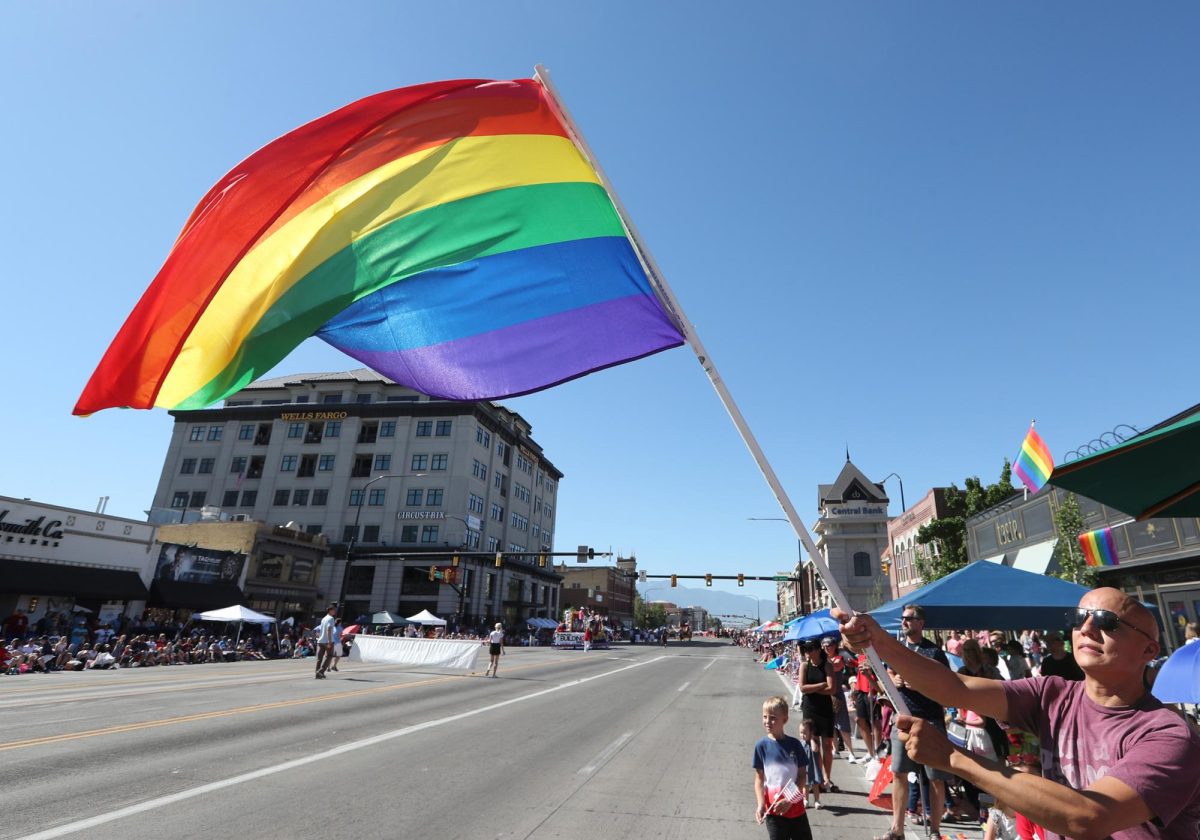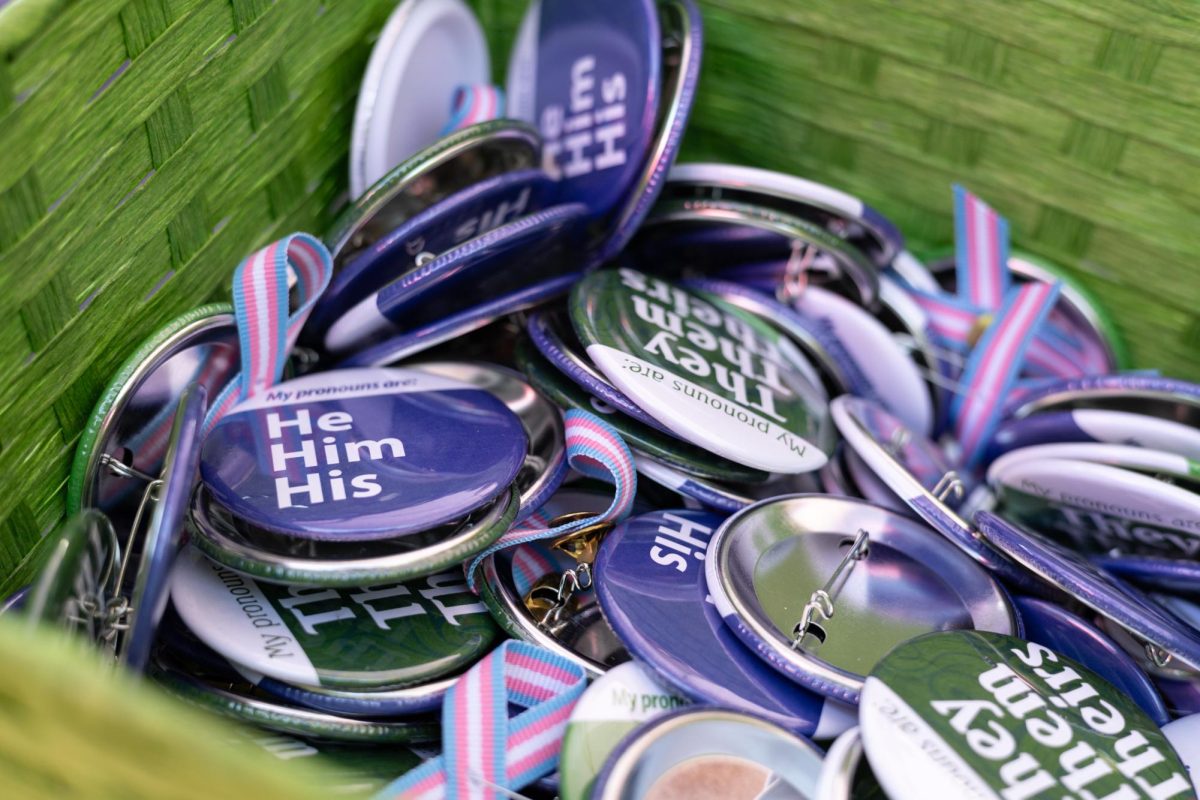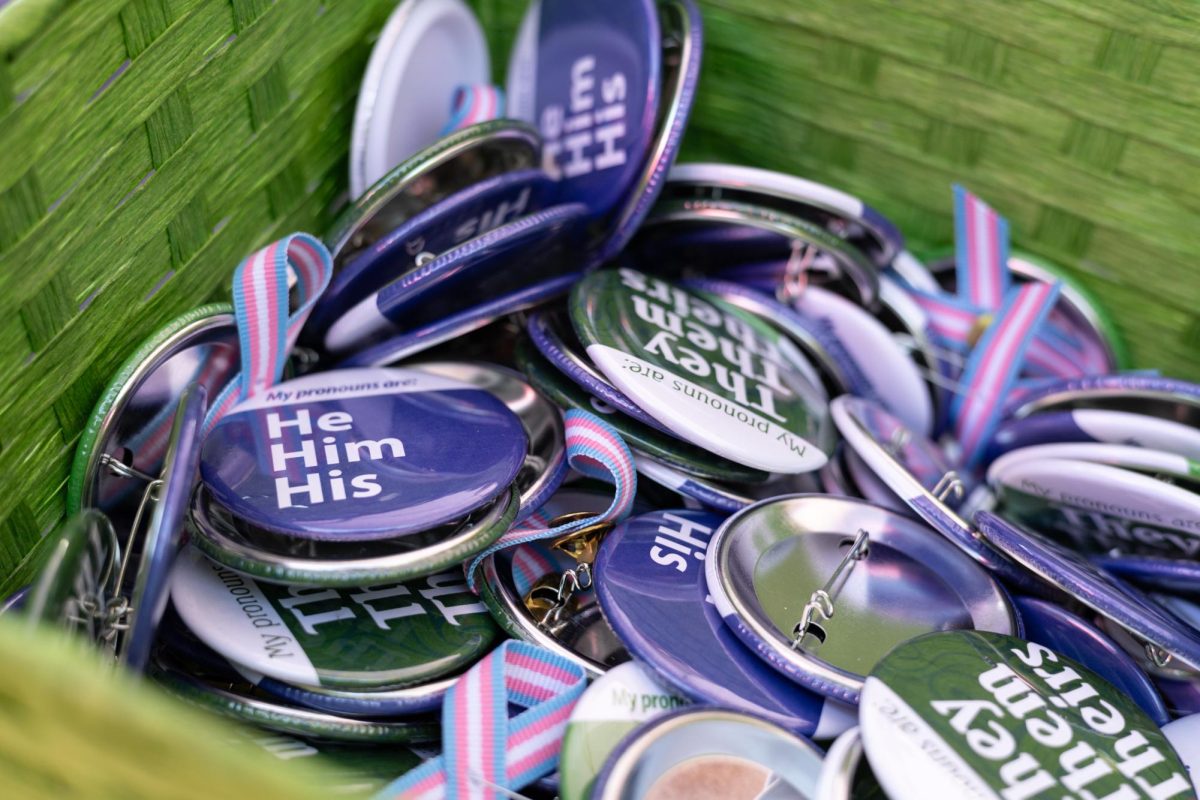
Those who are a part of both the LGBTQ community and the Hispanic community have a unique set of challenges that stem from culture, religion, politics, racism and classism. The intermixing of the various identities is intersectionality.
Merriam-Webster’s dictionary defines intersectionality as the complex way multiple forms of discrimination combine or intersect. Women often deal with discrimination based on gender, people of color deal with discrimination based on race, but a woman of color deals with both racism and sexism. The intersectionality of the two identities creates an entirely new experience with unique challenges.
Olivia Jaramillo, a Mexican trans woman who identifies as non-binary but expresses as female, said she feels she has been appointed responsibilities typically assigned to men.
“I have a responsibility because I have the ability to convey a powerful message through my presentation and my speech to change the world for the Latinx and LGBTQIA community,” Jaramillo said.
Jaramillo is an immigrant from Mexico who served in the United States Air Force. She spends her time advocating for her communities through statewide organizations and political channels. Jaramillo views her Mexican heritage as her past, present and future.
“Overall, being part of the LGBT community in Mexico is still frowned upon for many of the same reasons it is frowned upon in this country: naiveté, lack of experience and exposure, much like in America. It is getting better, but slowly,” Jaramillo said. “Eventually in a generation or two it will not be much of a hurdle. But us, Generation X and Millennials, we need to continue the work and advocacy to ensure that future exists.”
Kassy Deblas said that being both Mexican and lesbian can be hard due to the strict Mexican culture.
“Being Mexican, we are very proud of our heritage, and very family-oriented. which can be a bad thing at times. We are very proud of our traditions.” Deblas said.
Deblas said she was fearful of her family’s reaction to her coming out, afraid that they would exile her. Her grandmother, an avid church-goer, accepted her, but Deblas’ mother was more reserved.
“My mom was the one that had the most trouble with,” Deblas said. “She was raised a certain way, and she just had the most trouble with it.”
Deblas’ mother began to accept her daughter when she joined the army. Deblas said she was in the second graduating class of female combat engineers in the United States Army, an occupation that was open to only males until 2015.
Being a Latina in a combat role meant she was watched closely, and people were either overly cautious or disregarded her opinions altogether.
“It makes me kind of proud that I was able to overcome all these obstacles like being in the military, being Hispanic, realizing that I was gay and then just being able to overcome,” Deblas said. “It really just makes me proud to be able to merge all of these things together.”
Deblas’ girlfriend Jocelyn Contreras, who identifies as a Mexican-American, pansexual woman said her traditional family won’t speak to her because of their heritage and her sexuality.
“In Hispanic culture, it’s like the woman is supposed to stay at home and cook and take care of the children. The man is supposed to go out there and do hard labor,” Contreras said. “I come from a family where my mom is a housewife and my dad is a construction worker.”
Contreras added that her family didn’t expect her to graduate from college; they were more worried she’d get pregnant and drop out. Contreras’ counselors told her she was more than likely going to get pregnant and drop out.
Contreras’ family nearly disowned her for merely the race of her boyfriend. It was then she realized it was time to live her life truthfully. When her family found out that she was dating a woman, they disowned her completely and haven’t spoken since.
“My dad stopped talking to me completely. My mom reaches out, but then says it’s just a phase that I’m going through and that I’ll get over it,” Contreras said.
Contreras said people need to look beyond identity and the categories society has made in order to be an ally.
If you or a loved one is looking for resources on intersectionality, being Hispanic and LGBTQ go to HRC.org/resources.













